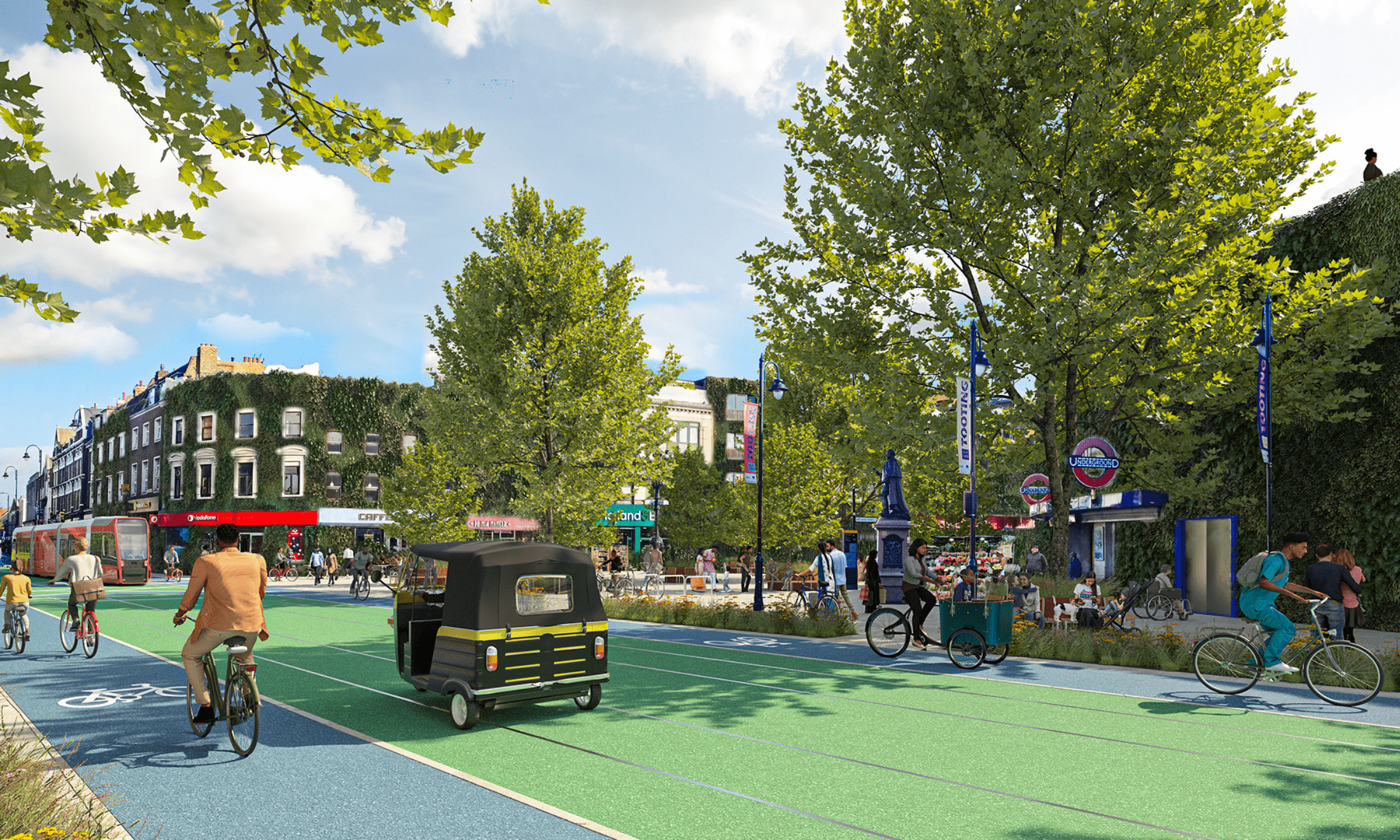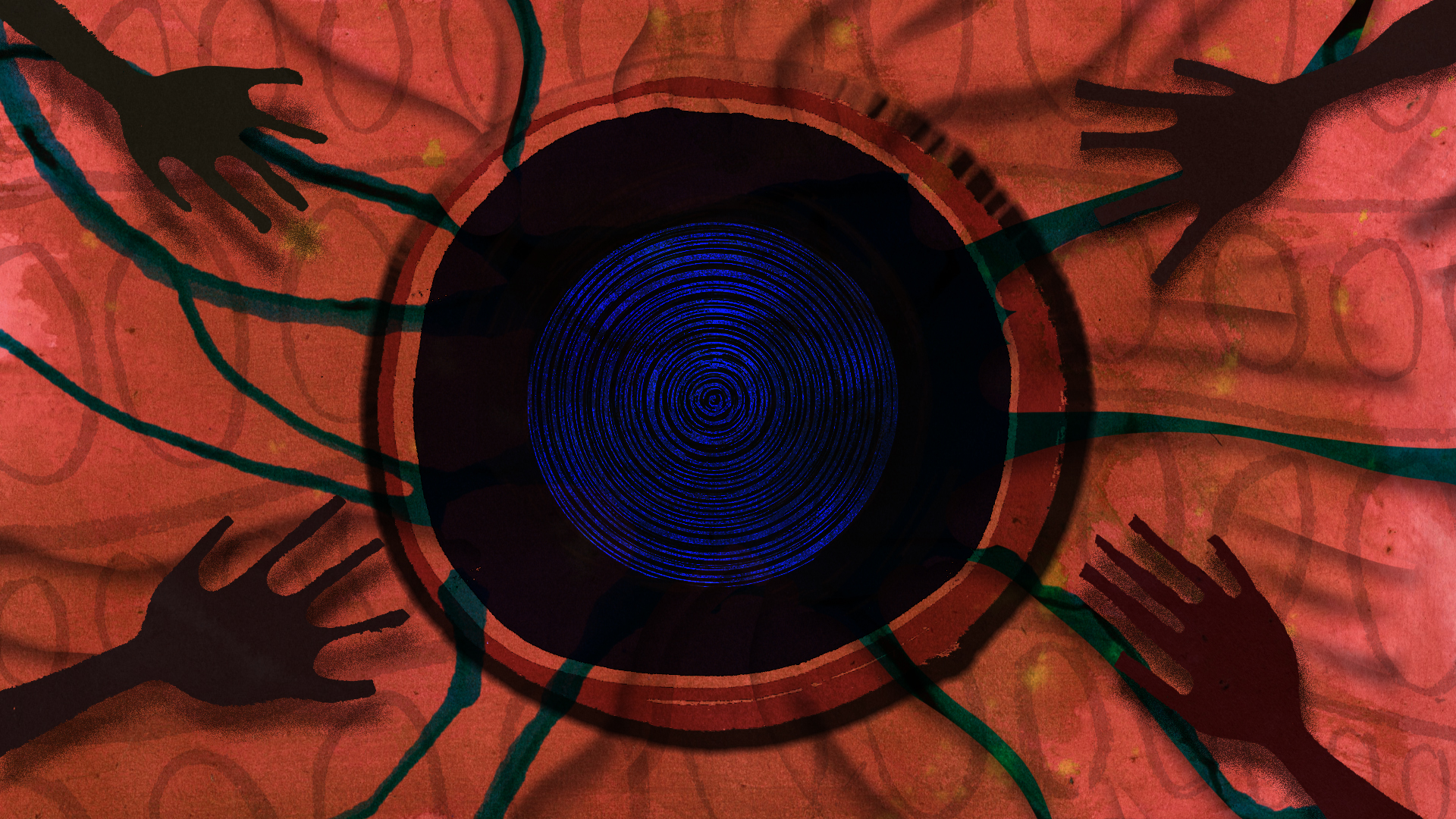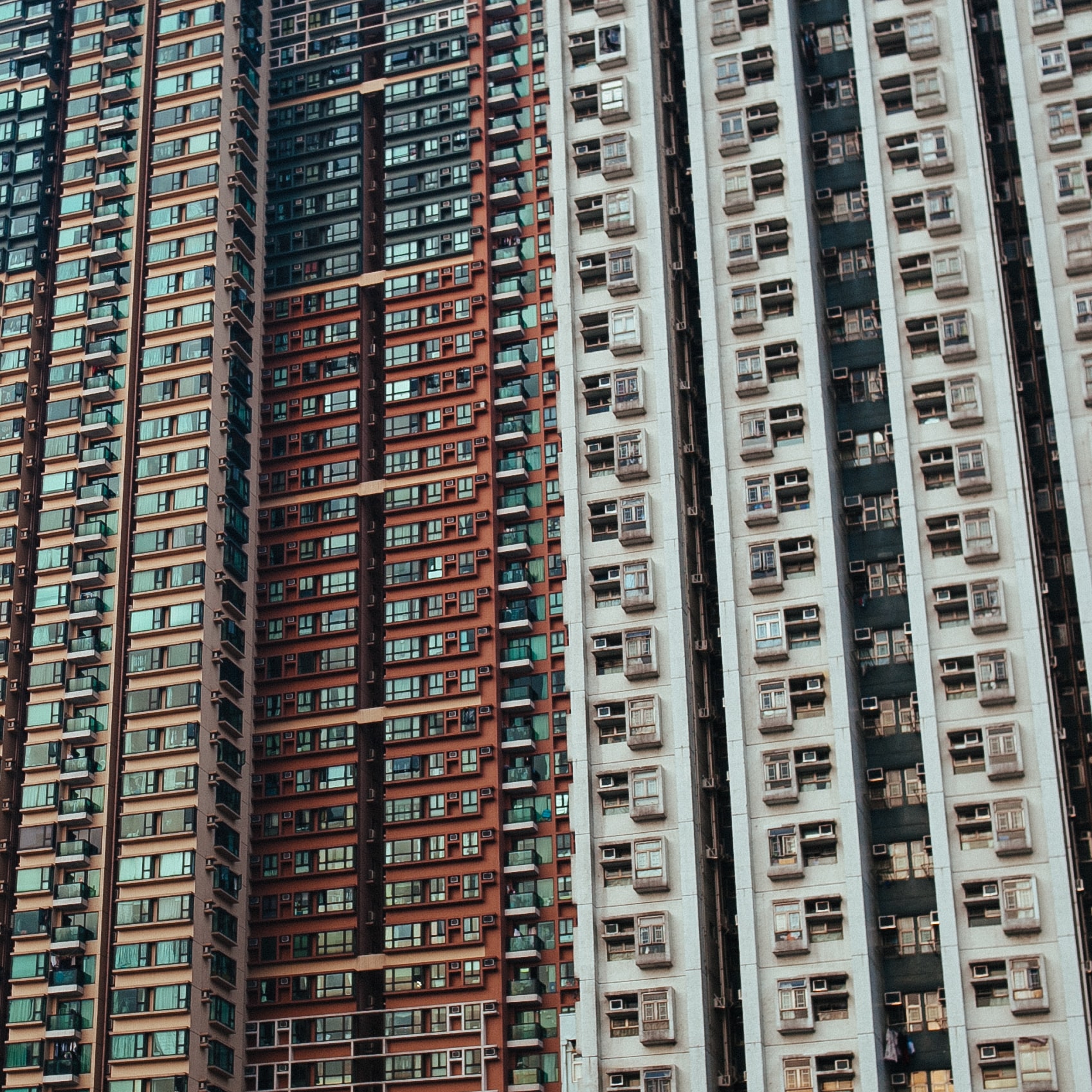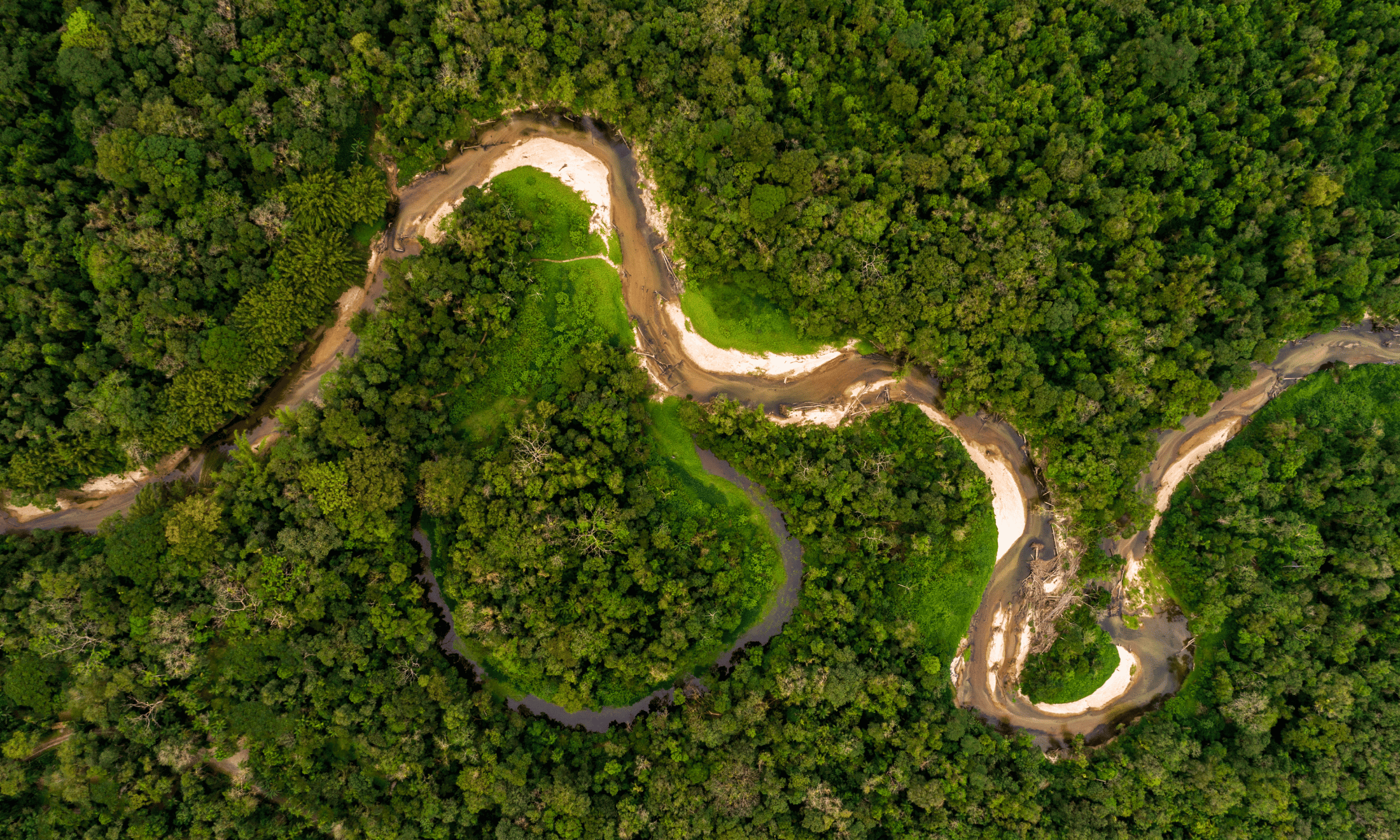
Climate Centre via Flickr
Many immigrants like me are fighting the climate crisis at two different ends
When Nyeleti moved to the UK from Mozambique, she didn’t think the climate crisis would trail behind her.
Nyeleti Brauer-Maxaiea and Editors
02 Nov 2021
“Mummy, is it safe to shower tonight?”
That is the question seven-year-old me would always ask whenever there was a tropical storm forecast in Maputo, the capital of Mozambique. They would often cause power cuts, destruction to houses and loss of life, making my fear of the nighttime even worse. Unsurprisingly, I became aware that nature was a force for both beauty and destruction at a very young age.
My father is Mozambican and so from the ages of three to nine, I spent part of my childhood living in Maputo. It was idyllic. I was surrounded by my cousins, aunties and uncles and the excitement of life in the bustling capital city. But the storms were always in the back of my mind, and the feeling that they were just around the corner never quite went away.
It was only later that I discovered that the increase in storm intensity was likely fuelled by the rapidly worsening climate crisis in southern Africa. Worse still, I quickly learned that the destruction lay not only in the violent storms but also in the intense droughts that would follow and cause food shortages. This currently puts the lives and livelihoods of up to 70% of Mozambique’s population at risk of being adversely affected by weather events.
“I became aware that nature was a force for both beauty and destruction at a very young age”
The news and images of Cyclone Idai and Cyclone Kenneth sweeping destruction across the region in March 2019 were particularly harrowing. These extremely strong storms, which landed in quick succession six weeks apart, were among the worst tropical cyclones on record to affect Africa and the southern hemisphere. Over 2.2 million people across Mozambique, Malawi and Zimbabwe were left in urgent need of humanitarian assistance. The scale of this tropical storm shook me and my family in London. Though my Mozambican family wasn’t living in the worst affected areas, not knowing when and where another cyclone could strike remained an unsettling reality they have to live with.
The increasing unpredictability and intensity of extreme weather events in a country that has been left so fragile by the environmental crisis (and now the Covid-19 pandemic) have put me and my family on edge. This low-level anxiety has left me ruminating over when the next cyclone will hit, how destructive it will be and whether my family in Mozambique will be affected more severely next time. But the worst part is the total lack of control that I feel.
“Living here in London, safe from catastrophic cyclones while my family lives under existential threat from the climate, strikes me as deeply unjust”
In a way, I’m lucky to be living in the Global North, away from constant weather-related destruction. However, I don’t feel lucky. Instead, living here in London, safe from catastrophic cyclones while my family lives under existential threat from the climate, strikes me as deeply unjust. Not least because Africa’s cumulative contribution to global greenhouse gas emissions – relative to its population size – has been very small in comparison to countries like America, Russia, China, as well as the EU28 (before Brexit). This dichotomy makes me acutely aware that those who are currently on the front lines of the climate crisis, are paying for the historical actions of economically developed countries with their lives.
But even here in London, where my family are seemingly safe from extreme weather risks and climate crisis-related natural disasters, we face constant threats to our health from increasing environmental issues. Like most parts of inner London, I live in an area with levels of air pollution that exceeds WHO guidelines, making the air we breathe a significant long-term health risk. Unlike the deafening tropical storms of my childhood, the highly polluted air is an invisible danger that constantly lurks in the background of my day-to-day life. Not only do our families abroad have to contend with the devastating effects of the climate crisis, but in the UK, immigrant communities like mine also have to face toxic air quality levels.
“My experience as part of the African diaspora in the UK, reminds me that we must fight for environmental justice at all levels”
This is why I co-founded the campaign Choked Up with other BPOC, which seeks to enshrine the right to breathe clean air in UK law through a new Clean Air Act. We want to both fight air pollution in south London, which disproportionately affects Black and brown communities, and to amplify our voices in a climate conversation where we feel that we are not represented. Campaigning for this single issue has given me the chance to gain some agency where I have long felt powerless.
In this way, my experience as part of the African diaspora in the UK, reminds me that we must fight for environmental justice at all levels. Many of our families in the Global South have been suffering under the effects of the climate crisis at a much more lethal and terrifying rate, for far longer – here in the UK, we are too.
For too long, both climate activism and climate coverage have overlooked the voices and experiences of communities of colour. Follow our new series, It’s Happening Now, for stories that look to change that.









